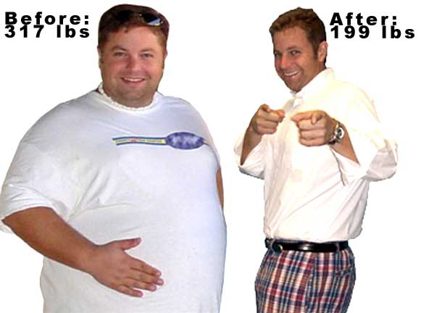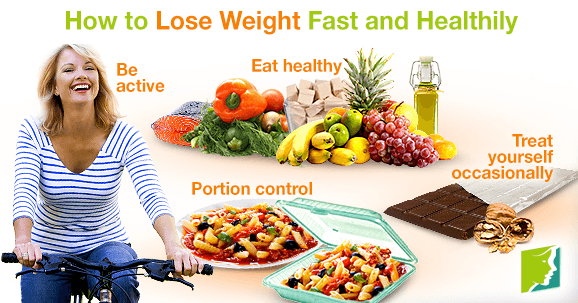
Dual complications of alcohol and medication interactions can pose serious threats to your health and the sooner you seek for help the better
We are all aware that alcohol is the most abused substance by many users and the consequences are chokingly devastating. What is worrying is that even with this knowledge, many people are still drinking disorderly and to further complicate the matter, they are not only drinking but are also using other toxic substances as accompaniments in their drinking spree. This is what we want to focus on even as we look at the dual complications of alcohol and medication interactions. Speaking to the experts at AWAREmed Health and Wellness Resource Center under the able leadership of doctor Dalal Akoury who is also the founder of the facility, we were able to establish that alcohol consumption often has very harmful interactions with prescription medications, over-the-counter drugs, and even some herbal remedies. To shade more light on this doctor Akoury registers that the interaction of alcohol with other prescribe medications is likely to cause problems including some of the following: nausea and vomiting, headaches, drowsiness, dizziness, fainting, changes in blood pressure, abnormal behavior, loss of coordination and even savvier accidents. And besides that it is also very important to appreciate that mixing alcohol with other medications may also increase the risk of complications such including but not limited to the following:
In instances where such chronic health complications are present in an individual’s life, it is only fare for that person to seek for medication immediately. Nonetheless when medication is administered, in some cases, the consistent use of alcohol may decrease the effectiveness of such medications or render them useless all together says doctor Akoury. She continues to say that in other cases, alcohol interactions may make drugs harmful or even toxic to the body. And when we make reference to alcohol usage, it is important to note that even what is considered moderate consumption of alcohol may also intensify medication side effects such as sleepiness, drowsiness, and light-headedness, which may interfere with the individuals’ concentration and ability to operate machinery or drive responsibly on the road thereby causing serious or even fatal accidents. It is therefore very essential that when using any kind of medication, careful attention should be taken since alcohol can adversely interact with hundreds of commonly used medications. In that respect, taking time to scrutinize and make clear observation on the warning labels and ask your doctor or pharmacist questions if it’s safe to use alcohol with any medications and even other herbal remedies that you may be using.
Do you have any idea about the significance of alcohol interaction? If you don’t, stay tuned and be informed professionally by our team of experts from AWAREmed Health and Wellness Resource Center. Therefore doctor Akoury reports that according to the CDC, about two-thirds of American adults over age 18 at least occasionally use alcohol. Of this population about 51% are currently regular drinkers meaning that they have taken at least 12 drinks in the past year while about 13% are infrequent drinkers and that also means that they have taken up to 11 drinks in the past year.
Use of prescription and non-prescription drugs, as well as herbal remedies, also is extremely prevalent. Partly because of the obesity epidemic, most people of all ages are taking more drugs to control chronic conditions such as diabetes, high blood pressure, and elevated cholesterol. Because the incidence of chronic conditions increases with age, older individuals are especially likely to take prescription medications often as many as 10 per day many of which likely react adversely with alcohol. As the population ages, the problems associated with mixing alcohol and medications are certain to increase.
In older adults especially, alcohol use may increase the risk for falls, serious injury, and disability related to balance problems. Alcohol use also may trigger or worsen certain medical conditions. When alcohol use is combined with multiple medications, it may magnify these problems. Older adults don’t metabolize alcohol as quickly as younger adults do, so alcohol stays in their systems longer and has a greater potential to interact with medications. Even though most people over 65 drink less than the maximum recommended amount, this drinking is still considered harmful for many of them, due to their general condition, medical problems and medications.
We are living at a time when so many administered drugs are easily available over-the-counter. Most of these drugs that can adversely interact with alcohol are administered for treatment of various health complications including:
- Depression
- Diabetes
- Angina and coronary heart disease
- Anxiety and epilepsy
- Arthritis
- Blood clots
- Cough
- Pain, fever, and inflammation
- Seizures
- Severe pain from injury, post-surgical care, oral surgery, and migraine
- Sleep problems
- Enlarged prostate
- Heartburn and indigestion
- High blood pressure
- High cholesterol
- Allergies, colds, and flu
- Infections
- Muscle pain
- Nausea and motion sickness
Examples of commonly used prescription drugs associated with serious alcohol interactions include heart medications, which can cause rapid heartbeat and sudden changes in blood pressure; non-steroidal anti-inflammatory drugs (NSAIDs), which can increase risk of ulcers and stomach bleeding; blood-thinning medications, which can lead to internal bleeding; and sleep medications, which can lead to impaired breathing, motor control, and unusual behavior.
One of the most common causes of severe liver damage including some cases requiring a liver transplant is a combination of the pain reliever acetaminophen (available over the counter as Tylenol and in some prescription drugs) and alcohol. Other serious alcohol interactions are associated with over-the-counter antihistamines and herbal remedies such as kava, St. John’s wort, chamomile, valerian and lavender.
Doctor Akoury reiterates that although most drugs are often safe and effective when used as directed by the physician, it’s however very important to read the warning labels on all medications. Many popular pain medications and cough, cold, and allergy medications contain more than one ingredient that can adversely interact with alcohol. Finally as a precautionary measure, if by any chance you’re not certain if a medication can be combined with alcohol, it is advisable to avoid any alcohol consumption until you’re are properly advised by either a doctor or pharmacist that it’s safe to use the two concurrently. In the meantime as you put the above into practice, when faced with situations of addiction and you don’t know what to do, help is on the way at AWAREmed Health and Wellness Resource Center under the able leadership of doctor Dalal Akoury. All you have to do is to can and schedule for an appointment with her today and all you concerns will be professionally addressed.









